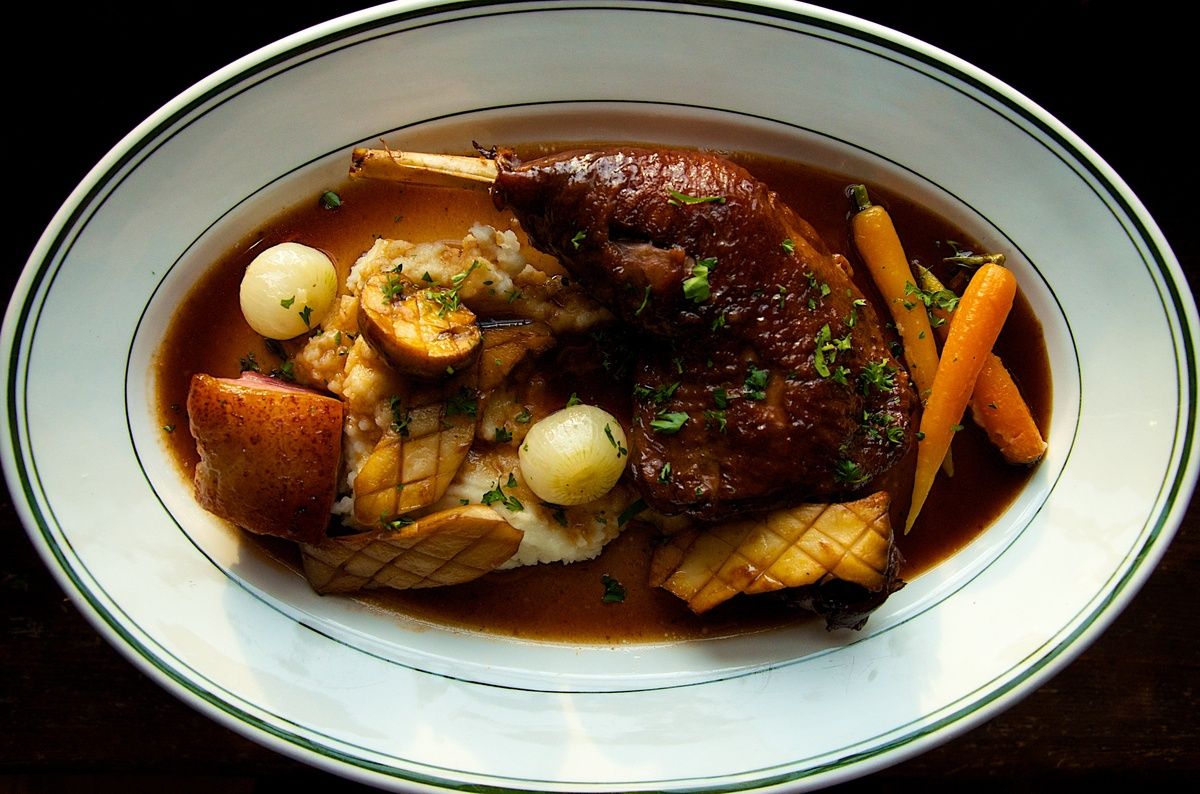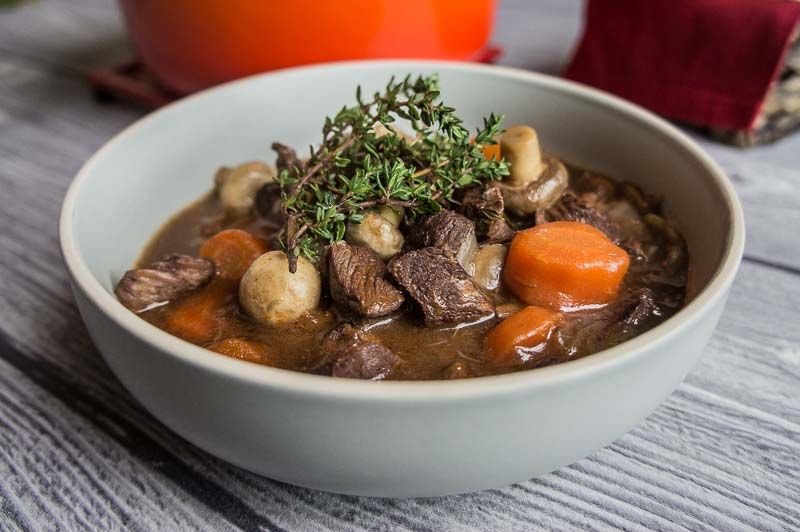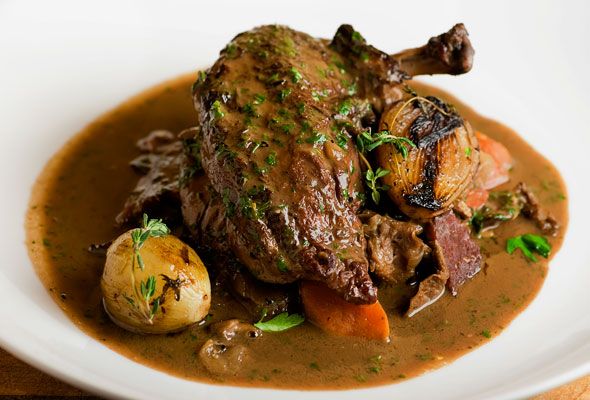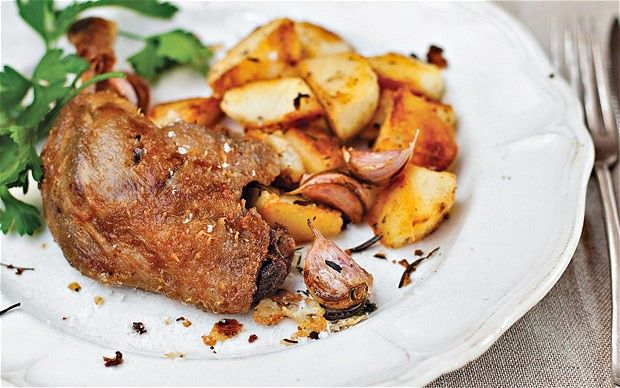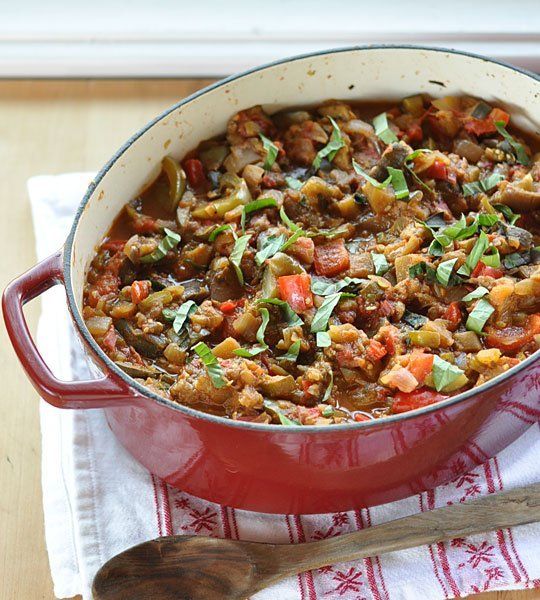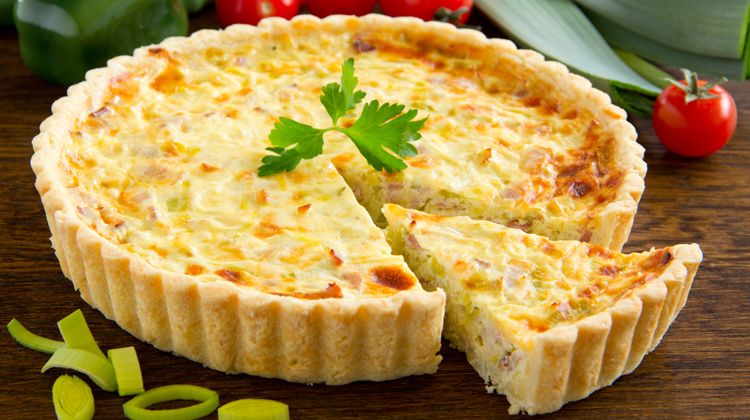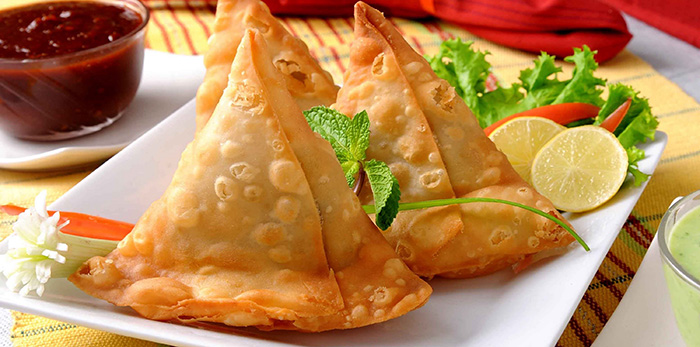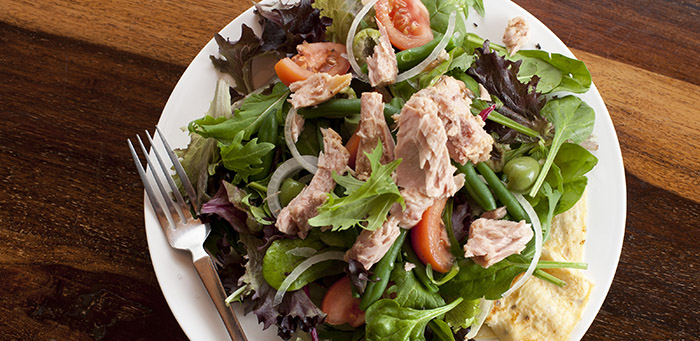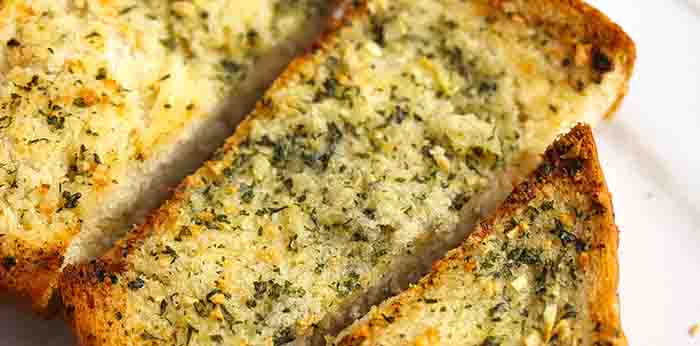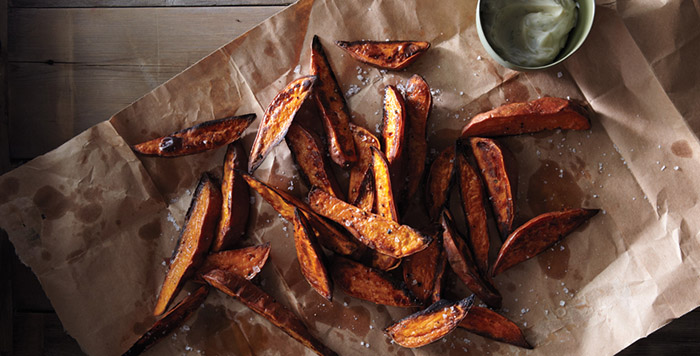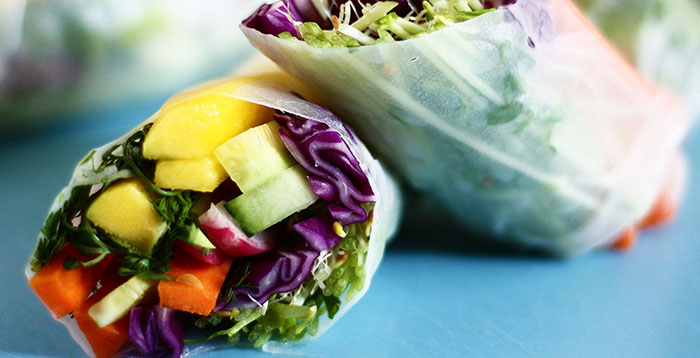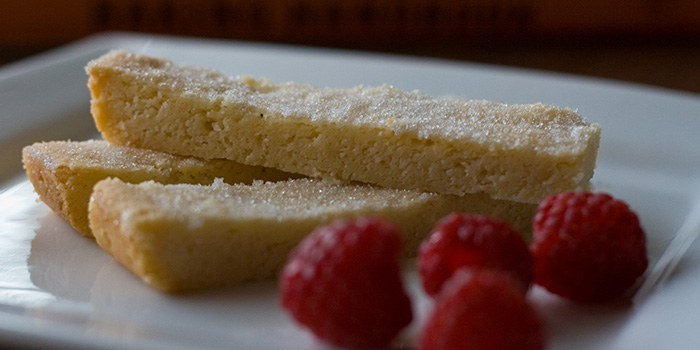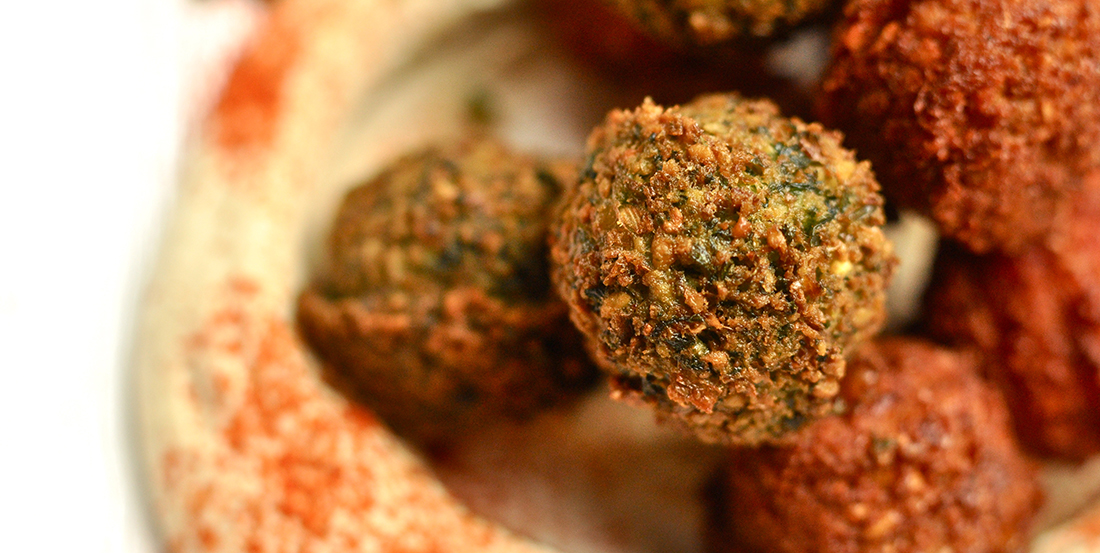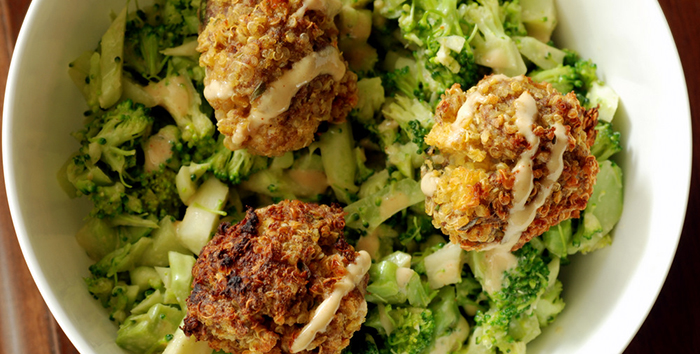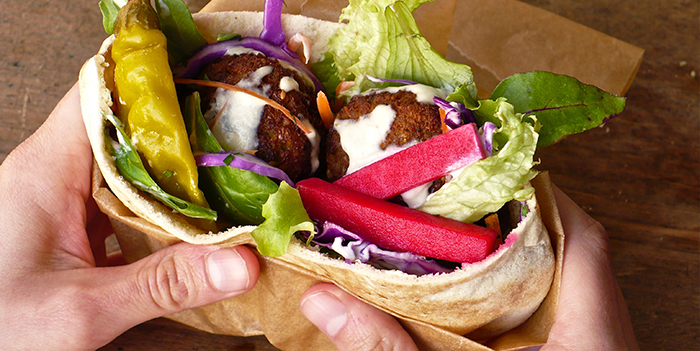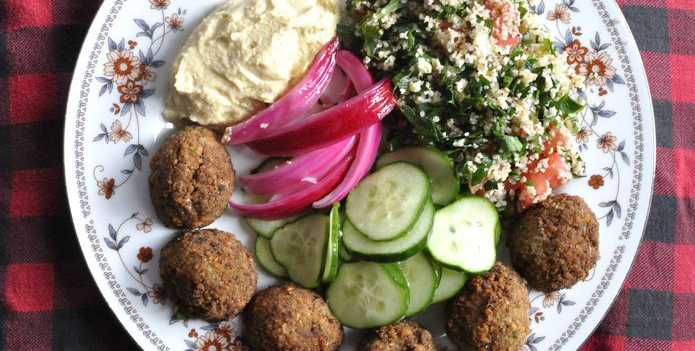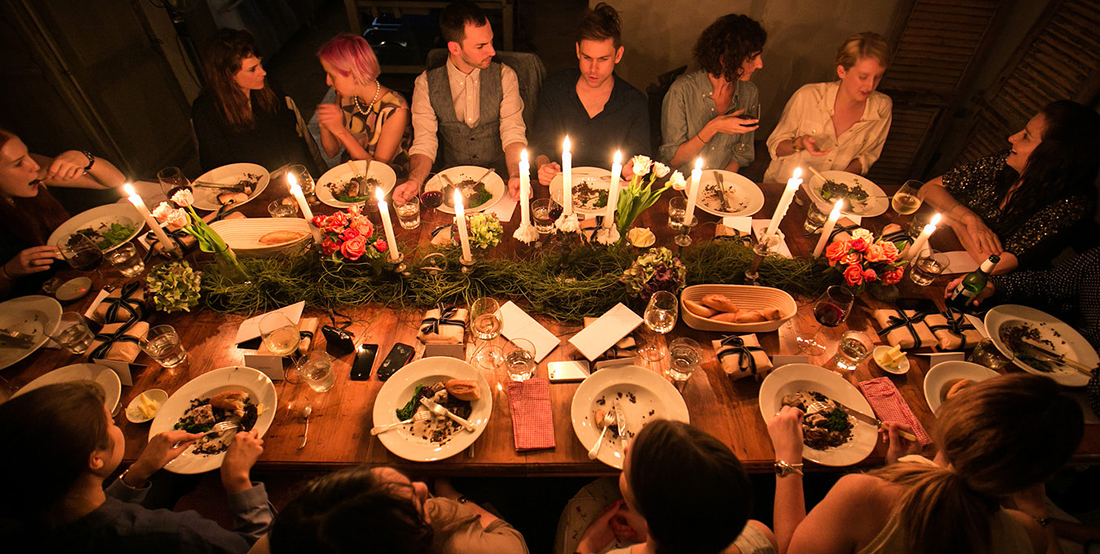
Hosting a dinner party does not have to be the frenzied and stressful affair. Take it easy, and do not sweat the small stuff! Preparation can be a fun and breezy affair with these five handy dinner party menu planning tips:
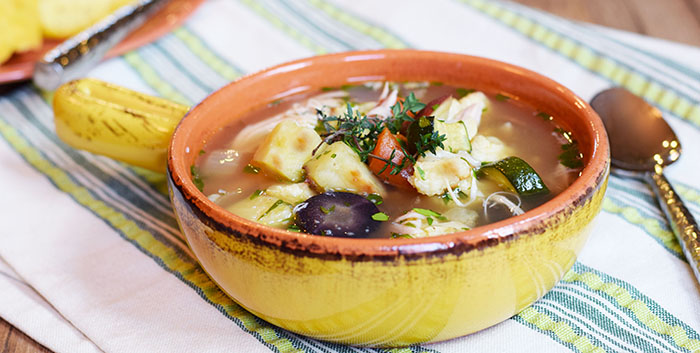
1. Go with the Flow of Seasons
Take your cue from Mother Nature, and plan your dinner party menu in accordance with the current season. If you are throwing a party in the sweltering heat of summer, take it easy and lay off the oven. A mix of cold, crisp salads and grilled dishes will be a perfect combination for your party. If the weather is cool outdoors, warm up the stomachs of your guests by whipping up comforting soups, roasted meats and grilled root vegetable dishes.
2. Pick One Highlight for the Night
Limit the number of complicated dishes that you will cook for your dinner party. Save your time and sanity by having only one star dish for the night on your dinner party menu. Keep in mind to pick side dishes that are quick and easy to prepare, for you do not want to spend the entire night slaving away in the kitchen.
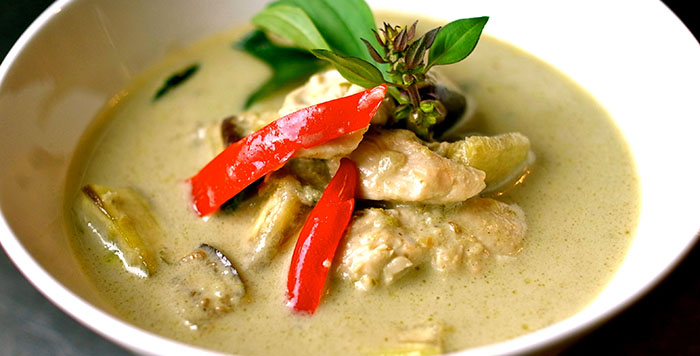
3. Plan Your Dinner Around a Main Dish
Plan the rest of your dinner menu around the star dish that you have selected.
For example, if you are preparing a tangy Thai green curry, be sure to include an array of sides that complement the flavours of this dish well, such as steamed rice, a beef salad and stir-fried greens. If a hearty and heavy pasta dish is your highlight for the night, be sure to include light starters, such as salads, rather than opting for carb-heavy selections such as breads and dips. Remember, balance is key.
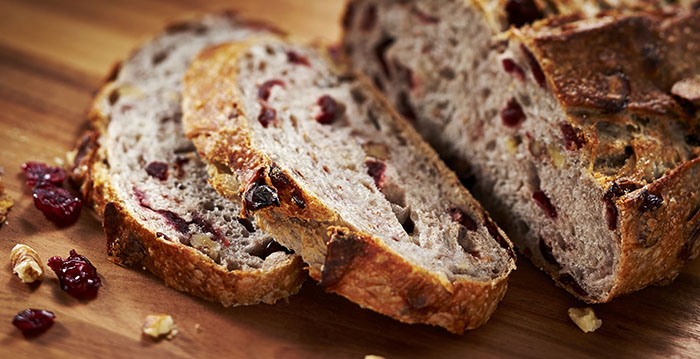
4. Mix and Match: Throw in a Handful of Store Bought Items
Do not hesitate to include a selection of store bought items for your party, for this will save you time, as well as the hassle of preparing every single dish from scratch. A crusty loaf of bread, a fine selection of cheeses, a platter of cold cuts or lucious artisanal gelato can be handy lifesavers that will complete your dinner party meal.
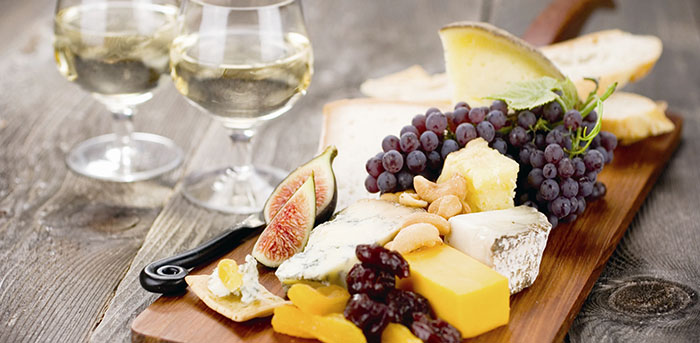
5. Wine Pairing: Creating a Match Made in Heaven
Two approaches can be undertaken when it comes to the art of wine pairing. The first approach, likeness, refers to picking a full-bodied or powerful wine to complement the strong flavours of a rich dish. If you are whipping up light dishes such as a grilled fish item or a refreshing salad, go for lighter wines with sweet notes.
The second approach, contrast, aims to strike a distinction between the dish and the wine. For example, creamy dishes, such as a savoury cheese platter, will go well with wines containing acid notes, for they help to balance out the creamy richness of the cheese. Similarly, wines with sweet and fruity flavours will work well with spicy, palate-tingling items.
Image Credits: Gallery Hip, Living Loving Paleo, Cresthill Bakery, FcWines
